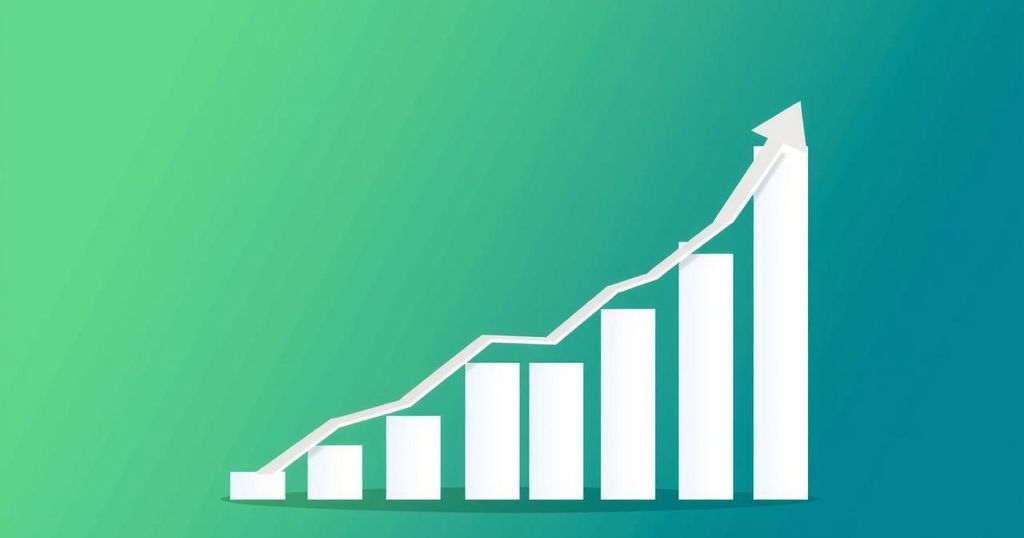Business
Companies
economics
BANCO BMG, BANKING, BRAZIL, CAMPOS NETO, COPOM, FL, FLAVIO SERRANO, GABRIEL GALIPOLO, GALIPOLO, INFLATION, INTEREST RATES, LU, LUIZ INACIO LULA DA SILVA, LULA, MARCEL, MARCELA AYRES, MONETARY POLICY, REUTERS, ROBERTO CAMPOS NETO, SOUTH AMERICA, TRUMP, U. S
Marcus Li
0 Comments
Brazil’s Central Bank Increases Interest Rates Amid Economic Concerns
Brazil’s central bank raised interest rates by 100 basis points, now at 14.25%, signaling a smaller hike in the future as it watches for economic slowdown signs. New governor Gabriel Galipolo’s policies will impact inflation targets while navigating President Lula’s economic stimulus efforts and global challenges. Expectations for future rate hikes persist despite recent slower growth.
On Wednesday, Brazil’s central bank increased interest rates by 100 basis points for the third consecutive time, raising the benchmark Selic rate to 14.25%, a level last seen in 2016. This unanimous decision meets the expectations of economists, with the bank’s policy committee signaling a smaller hike anticipated at their next meeting due to signs of economic slowdown. “The Committee anticipates an adjustment of lower magnitude in the next meeting,” indicated the bank’s statement.
Markets have shifted focus to the new governor, Gabriel Galipolo, and his upcoming monetary policy path. Flavio Serrano, Banco BMG’s chief economist, suggested that the central bank’s recent communications imply a potential pause in the pace of tightening, forecasting a 50 basis-point increase in May as the final decision in this cycle. Galipolo succeeded Roberto Campos Neto and has maintained guidance set under the former governor, which outlined substantial tightening for the first quarter of the year.
Attention is now on Galipolo’s commitment to recalibrating inflation targets while balancing extensive economic stimulus efforts by President Lula, whose approval ratings are low. Amid these developments, Brazil’s central bank acknowledged that global economic conditions remain challenging due to uncertainties in U.S. economic policies, while the Brazilian currency has appreciated against the U.S. dollar this year.
Although the central bank’s decision fell on the same day as the U.S. Federal Reserve’s rate hold, Brazil’s economic performance showed mixed signals. Despite weaker-than-expected economic activity last quarter, early indicators for the current year remain relatively strong. The central bank adjusted its 2025 inflation forecast down to 5.1% from 5.2%, and slightly revised its forecast for the third quarter of 2026 to 3.9% from 4.0%. Analysts from JP Morgan interpreted the statement as hawkish, projecting additional rate hikes in May and June to conclude at 15.25%.
In conclusion, Brazil’s central bank has raised interest rates by 100 basis points to 14.25% while signaling a smaller increase in the next meeting. Attention has shifted to new governor Gabriel Galipolo, who faces the challenge of balancing inflation targets against the backdrop of economic stimulus efforts. Market dynamics suggest a cautious approach moving forward, with predictions for continued rate hikes anticipated to stabilize the economy amidst uncertainty.
Original Source: money.usnews.com




Post Comment